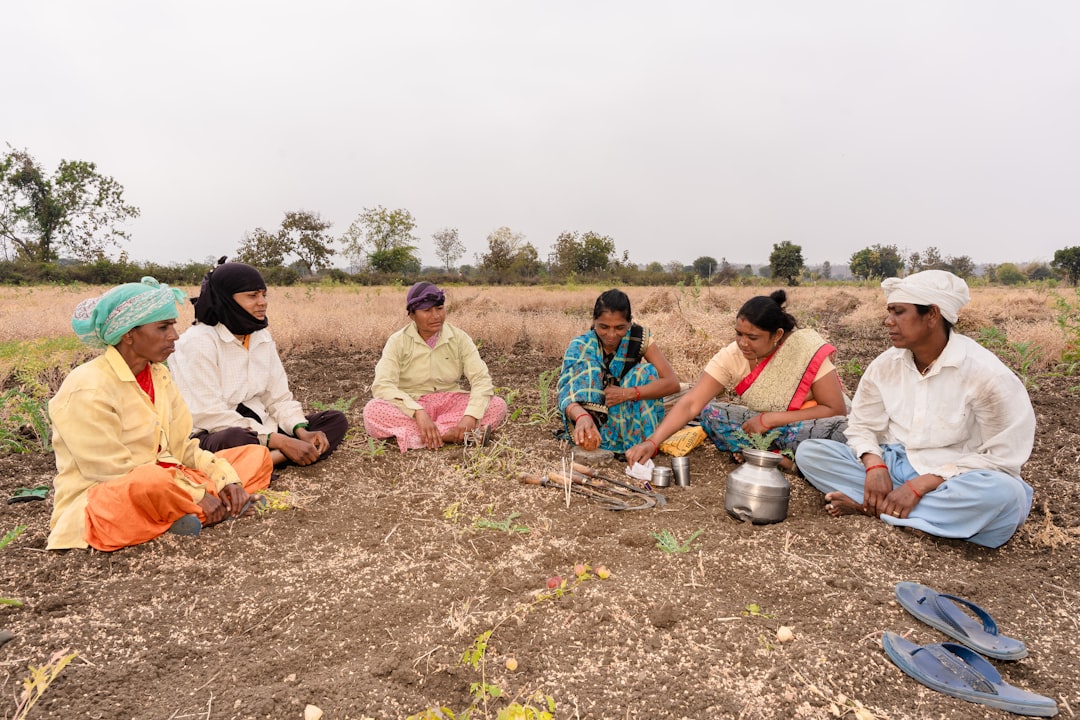No products in the cart.
Empowering Farmers: Soil Health Management Training in Jammu
A training program on soil health management in Jammu is enabling farmers to adopt sustainable practices, ensuring a brighter agricultural future.
In the lush landscapes of Jammu, a transformative initiative is taking root. Recently, a training program on Soil Health Management was organized at Panchayat Trigam, aimed at equipping local farmers with essential knowledge and skills to enhance agricultural sustainability.
This program, part of the Holistic Agriculture Development Program (HADP), reflects a growing recognition of the vital role soil plays in agriculture. As the backbone of farming, healthy soil not only increases crop yields but also supports biodiversity, mitigates climate change, and ensures food security for future generations.

According to local agricultural experts, the significance of soil health cannot be overstated. “Healthy soil is alive,” notes Dr. Anjali Mehta, an agronomist involved in the program. “It’s a complex ecosystem that needs to be nurtured. When farmers understand this, they can make better decisions that benefit both their crops and the environment.”
The training encompassed various aspects of soil management, including composting, crop rotation, and the judicious use of fertilizers. Participants were encouraged to think beyond immediate gains and consider long-term sustainability. Farmer Rajesh Kumar, who attended the training, shared, “I used to rely heavily on chemical fertilizers. This training opened my eyes to the benefits of organic methods. I want to leave a healthier farm for my children.”
The training encompassed various aspects of soil management, including composting, crop rotation, and the judicious use of fertilizers.
Such sentiments echo a broader trend towards sustainable agriculture practices, which are becoming increasingly essential as global pressures mount. With climate change threatening food systems worldwide, empowering farmers with knowledge is critical. As young adults, aged 16 to 35, increasingly seek meaningful careers in agriculture and sustainability, programs like this could serve as a catalyst for change.
However, the road to sustainable practices is not without its challenges. Many farmers are entrenched in traditional methods, often due to financial constraints or a lack of access to resources. The transition to soil health management requires not just training but also support in the form of subsidies for organic inputs and access to markets that value sustainably grown produce.
Moreover, the integration of technology into agriculture presents both opportunities and hurdles. Precision agriculture, which uses technology to monitor and manage farm operations, is gaining traction. Drones and soil sensors are now part of the toolkit for progressive farmers who wish to optimize their practices. As these technologies become more accessible, they have the potential to revolutionize how soil health is managed on a larger scale.
As this training initiative unfolds, it represents a microcosm of the larger agricultural landscape. The shift towards sustainable practices is not just a trend; it’s a necessity. For young people considering careers in agriculture, this is a pivotal moment. The demand for innovative solutions and sustainable practices is an invitation to engage in a field that is ripe for transformation.
The transition to soil health management requires not just training but also support in the form of subsidies for organic inputs and access to markets that value sustainably grown produce.
Looking forward, the success of such training programs will depend on continued collaboration among government bodies, agricultural experts, and the farmers themselves. As they sow the seeds of knowledge today, the harvest of a sustainable future is what they ultimately seek.











